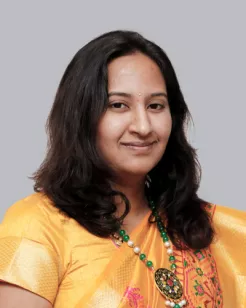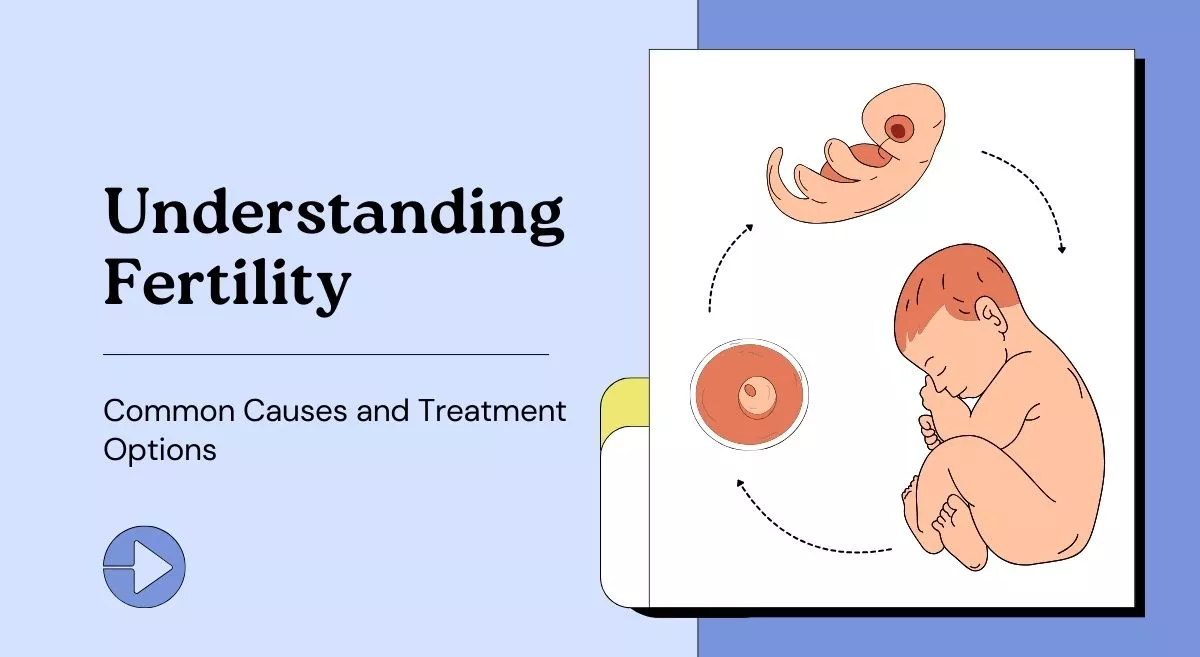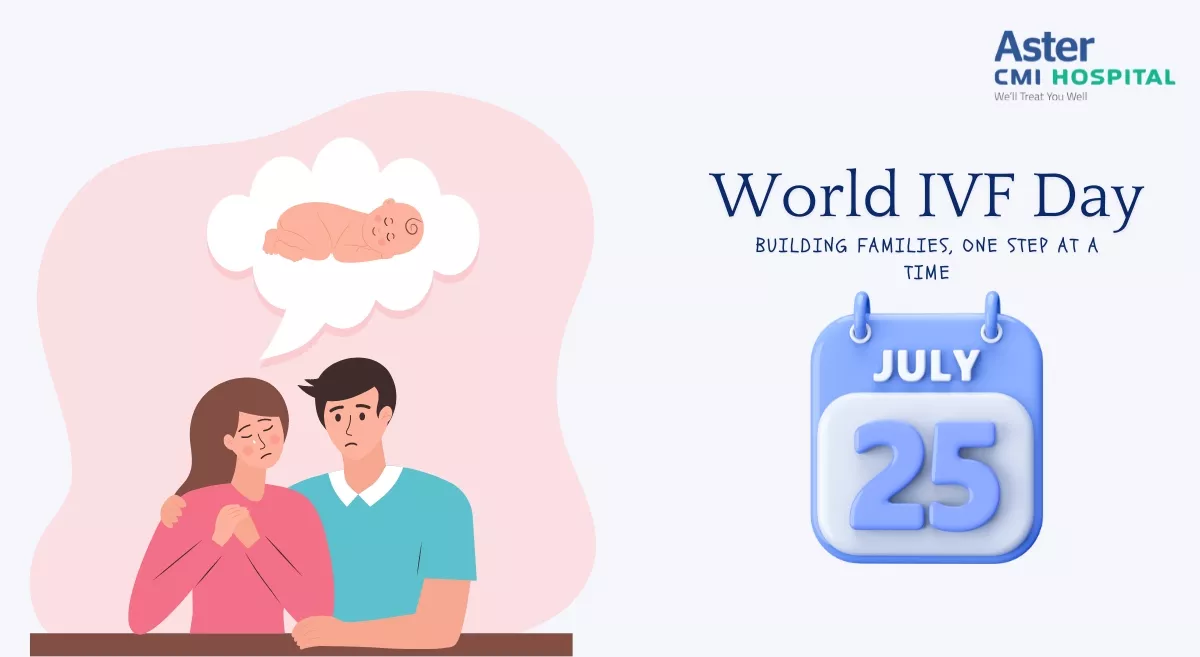At Aster CMI Hospitals, our approach to fertility solutions is truly distinctive, marked by personalized care and a commitment to helping each couple on their unique journey to parenthood. We firmly believe in customization, understanding that the challenges faced by couples grappling with infertility are as individual as they are. We do not offer standard packages but instead provide tailored solutions, ensuring that every couple receives the specific care they need.
Comprehensive Assessment: Our journey with you begins with a thorough and comprehensive assessment. We delve deep into your specific situation, leaving no aspect unexplored. This meticulous evaluation forms the foundation upon which we build your personalized fertility solution.
Evidence-Based Care: At Aster CMI Hospitals, we rely on evidence-based practices to guide our treatments. We are dedicated to finding the most accurate and effective path forward for each couple. Our team of experts takes great care in analyzing every possible issue before arriving at a solution that is uniquely tailored to your circumstances.
Emotional Support: We recognize that the emotional toll of infertility can be daunting for couples. To address this, we provide counseling and support throughout your entire journey. Our fertility experts not only guide you through the intricacies of the right treatment but also offer advice on whether treatment is necessary, always respecting your choices.
In essence, our approach at Aster CMI Hospitals revolves around personalized care, rigorous evaluation, evidence-based treatments, emotional support, and an unwavering commitment to helping every couple realize their dream of having a baby. We believe that by treating each couple as the unique individuals they are, we can make their journey to parenthood as smooth and successful as possible.
Blogs
The source of trustworthy health and medical information. Through this section, we provide research-based health information, and all that is happening in Aster Hospital.










